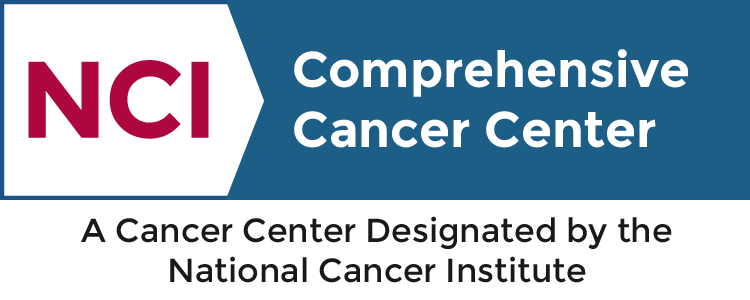Introduction: Wildfires are associated with lung cancer development, especially among fire personnel and farmworkers. Current state-based risk reduction recommendations however are not equitable among these populations. In San Joaquin Valley, most fire personnel and farmworkers are low-income and the majority of farmworkers are undocumented with little or no health insurance. Partnering with community stakeholders is crucial to understand behaviors and co-design feasible and effective risk reduction solutions to prevent worsening cancer disparities among these populations.
Methods: This community-partnered study in collaboration with the MLK CommUNITY Initiative and Centro Binacional para el Desarrollo Indígena Oaxaqueño, is guided by a 20- member multilevel stakeholder Community Advisory Board and led by a cross-disciplinary team with complementary, synergistic expertise in community based participatory research, cancer equity, climate change, and economic modeling. The 4-phase research involves: 1) development of a community advisory board; 2) interviews with multi-level stakeholders to understand risk reduction behaviors among fire personnel and farmworkers, specifically focused on vulnerable populations; 3) identification of solutions; and, 4) economic modeling of strategies. Solutions will be tested in an external grant upon completion of the award. The hypothesis is that barriers can be addressed through solutions implemented at multiple levels.
Innovation and Potential Impact: The community guides every aspect of the proposed project. This is a new collaboration among cross-disciplinary faculty and community partners and lays the necessary groundwork for future projects. Solutions derived from this research can be translated into policy and practice across stakeholder groups to reduce cancer disparities in San Joaquin Valley.


